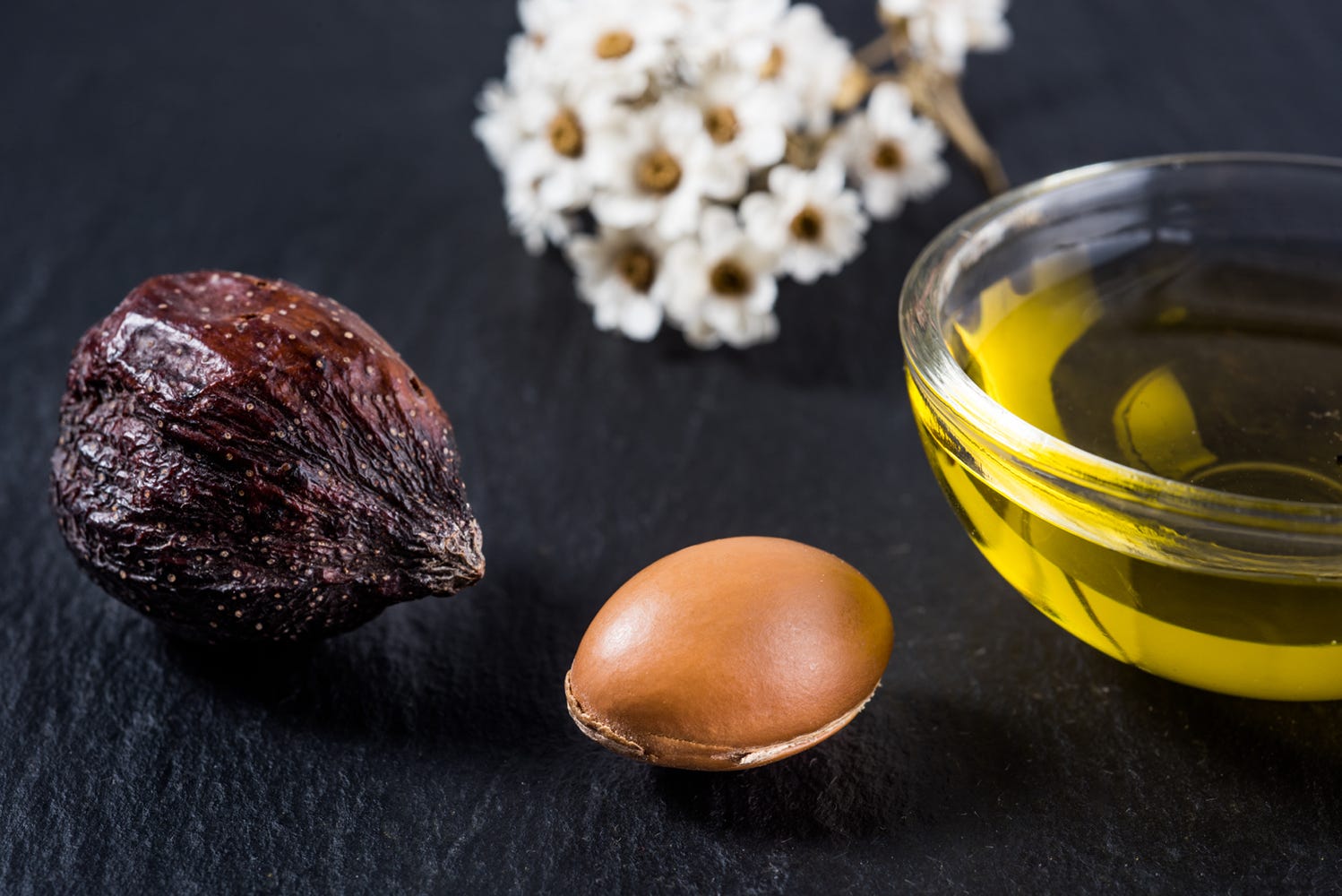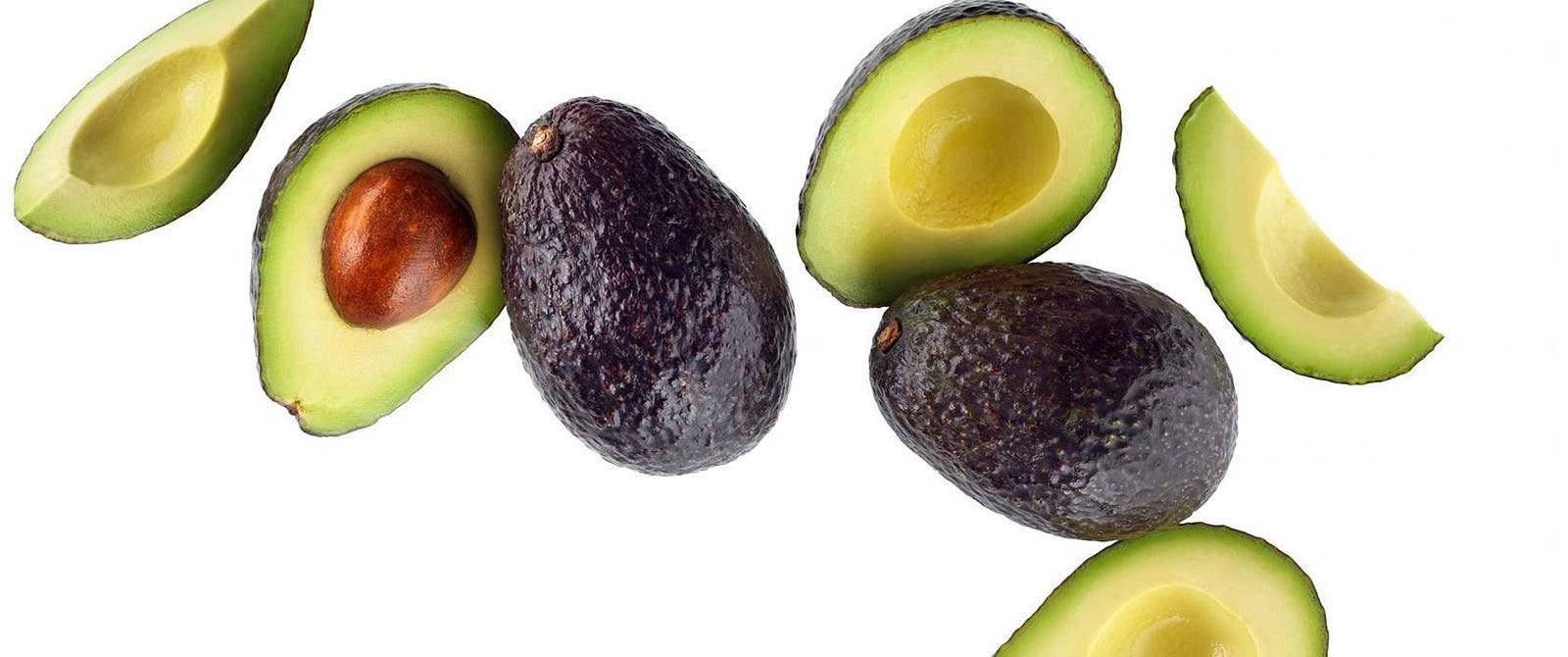Oils for Hair Growth — Backed by Science
Hair growth is all about blood circulation. Whether you are suffering from hair loss, hair thinning or alopecia — the treatment is often the same.
Have you ever wondered how some of the most effective hair loss treatments came to be?
Minoxidil was initially discovered as a pharmaceutical drug for heart patients as it caused vasodilation and increased blood flow. It was later found to be useful as a topical drug for hair growth — while the pharmaceutical industry often says they don’t know how its working for hair loss — its obvious that it increases the size of the blood vessels in the scalp, unblocking and allowing growth — however it stops working after some time, and then causes hair loss again.
Therefore using this logic we can understand how treatments, natural or pharmaceutical, work — which is by increasing circulation, and allowing nutrient delivery as well as reducing inflammation due to increased circulation. One of the most popular methods of increasing blood circulation naturally in the scalp is scalp massage with the help of an oil with anti-inflammatory and blood circulating properties.
Scalp massage is an entire topic on its own however, it is suffice to say people have been employing this method to keep hair thick and strong for millennia. Only recently did we actually see this tested (in vitro) and results supported what scalp massage claims to do — increase hair thickness and the growth phase of hair growth (anagen). The older generations in cultures where scalp massage is a traditional practice, particularly further East, do it daily for 10 to 15 minutes and often starting from their late teens.
This persistence is probably how good blood circulation is maintained in the scalp throughout their lives, making them less prone to the negative effects of DHT such as hair loss.
This time however, I’ll be covering the best topical oils to further promote hair growth when coupled with scalp massage. This is based on their properties and absorption in the scalp, along with any scientific data.
1. Coconut Oil
Coconut oil has natural anti-bacterial and anti-fungal properties which provides a soothing function in the scalp. Studies have also showed how virgin coconut oil can be anti-inflammatory which is the ideal counter-effect for hair loss. Since inflammation is the physiological cause that makes hair fall out, anything anti-inflammatory would obviously be good for the scalp.
In terms of other properties, it does act as a great moisturizer which is why so many cosmetic products blend it in with their formulas.
This oil is great, but cannot be used more then 1 time a month as it will cause drying in the scalp — and worsen the situation.
2. Argan Oil
An oil native to Morocco, Argan oil is produced from the kernels of the argan tree. It started becoming a very commercially available oil in the past 2 years thanks to the exposure given to it by the West which led to increased production by the Moroccan government.

Popularly used for improving skin complexion, treating acne vulgaris and chicken pox scars, it has also found to have beneficial properties for hair. The oil is rich in tocopherols, polyphenols and anti-oxidants which all work to fight oxidative damage. Though it does not imply hair growth directly, it can be effective again in reducing inflammation and helping renew the skin faster. Argan oil is one of the most expensive, edible oils so logic dictates that finding a cheap version will probably not hold the same medicinal effects and be of poorer quality.
3. Avocado Oil
Beyond the trips to Chipotle, avocado oil serves a similar function to that of olive oil. The fatty acids are good for combatting oxidative damage to the hair and scalp whilst also visibly improving hair quality. If you have split ends or frizzy hair, avocado oil will help.
In terms of hair growth, both avocado oil and olive oil may help inhibit an enzyme that is involved in producing the byproduct DHT. With lower levels of DHT in the scalp, there is less inflammation giving hair more opportunity to grow. Again, there aren’t clinical studies to prove this but that’s the theory.

As a side note, it is important to remember that any application of any oil should be applied on the actual scalp, not the hair. Often people assume that scalp massage and oil is for the hair, but it is for the hair follicles.
The hair strand will constantly be going through phases of growth and death, but it’s the follicle we actually try to stimulate. Otherwise, we can slab on any fatty substance on the hair strand which will make it appear shinier and thicker. It’s all in the follicles.
